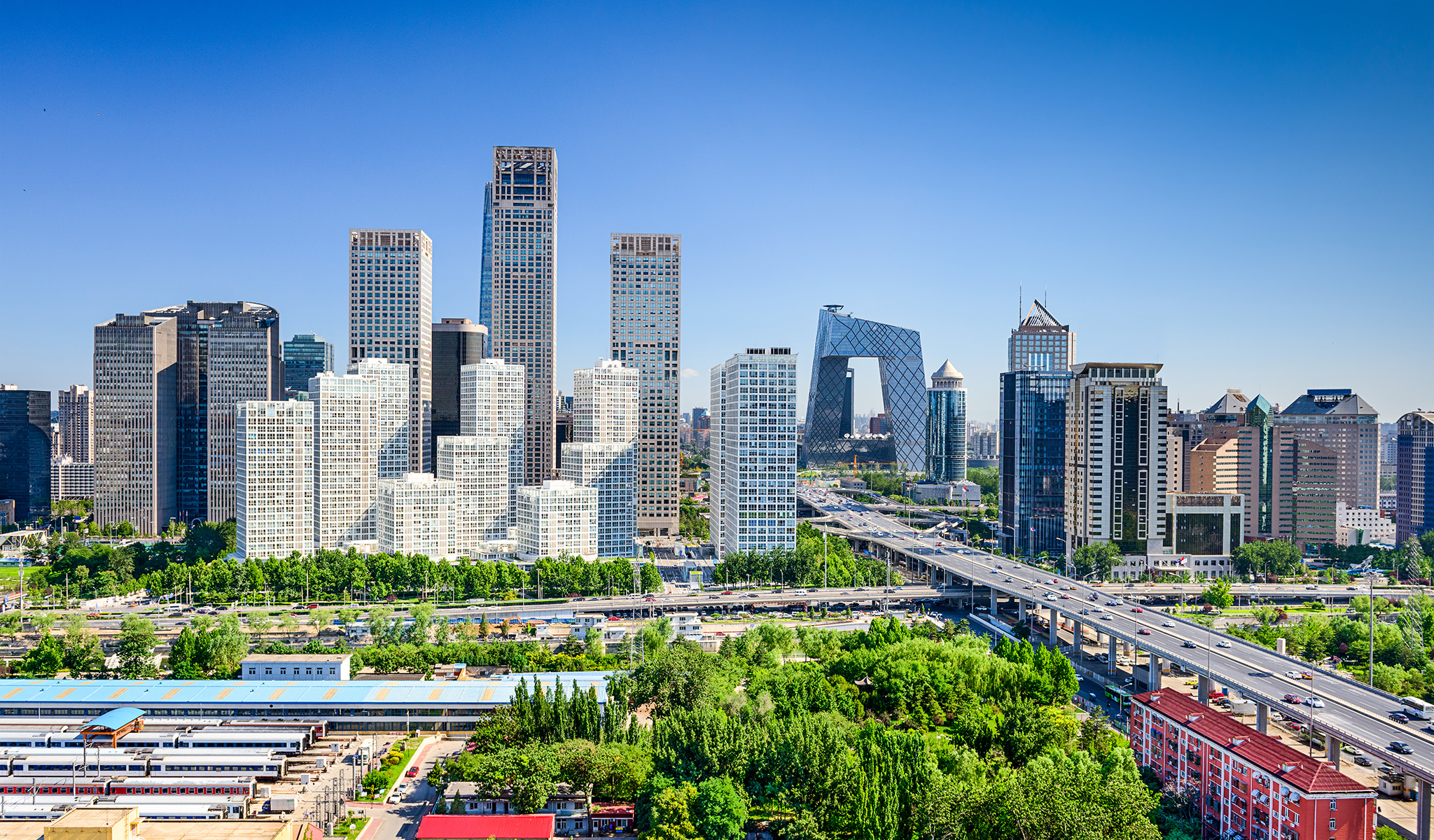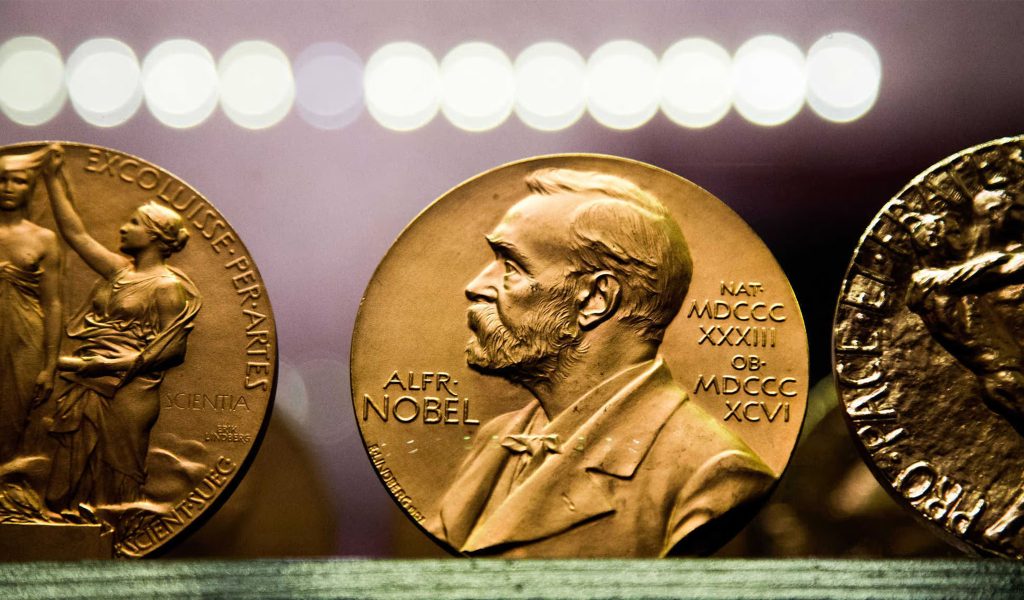“China has enjoyed miraculous economic expansion for the last few decades.” Vox’s Nicole Narea wrote the latter for a piece in which she decried China’s lack of an economic plan. Narea might agree that she overcomplicated what isn’t.
Seriously, what’s so miraculous about China’s expansion “the last few decades”? As evidenced by how wildly prosperous the Chinese people are wherever they are relatively free around the world, there’s nothing surprising or miraculous at all about the country’s growth since the 1990s. It was then that the government largely got out of the way, only for very capable people to turn a country formerly most known for starvation (as John Lennon put it in 1980, “they’ve starving back in China, so finish what you got”) into the most prosperous non-U.S. market of all for a global symbol of capitalism and eating: McDonald’s.
Narea oddly claims that China achieved its growth “through a blend of the governing regime’s Communist principles and a strategic embrace of the free market.” The speculation here is that if pressed, she couldn’t produce much evidence of areas where the government planned prosperity. Evidence supporting my own claim can be found in China itself. When the government was guiding the economy with endless plans, the Chinese people were yet again starving, and China’s center of commerce (Shanghai) was most defined by a lack of it.
Where Shanghai could claim twelve tall, but mostly functionless buildings in the late 1970s, by 2006 there were over 6,000 gleaming skyscrapers in Shanghai alone. Sorry, but state planning didn’t build this. Just visit most any government building anywhere in the world if you doubt the previous assertion. Contra Narea, China’s growth has been a direct consequence of freedom. Could it be even more prosperous? Of course it could be, but it would be a function of even fewer plans from government. Lest Narea forget, economies are just people and people do best when they’re free to succeed, fail, and in between.
Narea writes that “recent economic stagnation” has called China’s growth model “into question,” but it really hasn’t. All she need do to see why is consider what happened to the U.S. economy when Republicans and Democrats (led by Donald Trump) decided that the best way to fight the novel coronavirus was to contract the economy. Historians will marvel at the abject stupidity of such a plan, but for the purposes of this piece, it’s easy to point out that when Americans had their freedom to work and operate their businesses taken from them, the U.S. economy plummeted.
Sadly, leadership in China panicked in response to the virus even more than U.S. politicians did. Which is a long or short way of saying that there’s no mystery as to the “recent economic stagnation.” What happened was that freedom was taken from the Chinese people, period. Now that they’re gradually getting their freedom back, growth will return. No plan needed.
Instead of recognizing the obvious, Narea oddly pivots to what she imagines has long powered economic growth in China: “government spending and commercial investment.” Ok, but governments can only spend what they’ve extracted from the private sector first. Meaning the growth already happened to enable the government expenditure. To then assert, as Narea does, that government spending was a major source of China’s growth is just odd. Again, we’ve seen what politicians do with funds left in their care. They direct them not in economic fashion, but in politicized fashion. China did this and the people starved. Central planning fails. Always and everywhere. Once freed from totalitarianism in the 1990s the Chinese people grew despite government spending, not because of it. Government spending is a consequence of economic growth, not a driver of it. To say otherwise is to engage in double counting that would cause the most corrupt of accountants to blush.
Narea contends that more consumer spending “would be a sign of more sustainable and organic economic growth,” which is the writer putting the cart before the horse. We’re only able to spend insofar as we produce first. In other words, consumption is an effect of production. If Narea doubts this, she might try to consume at the level she presently does without working. Short of someone(s) handing over to her the fruits of their own production, Narea would soon enough have no means to consume.
Applying the above to China, it explains yet again what’s needed from Chinese leadership: nothing other than the freedom to produce. Economies are yet again just people, and as the Chinese people have shown when they’re free, they produce in “miraculous” fashion. No plans needed.
Republished from RealClear Markets





